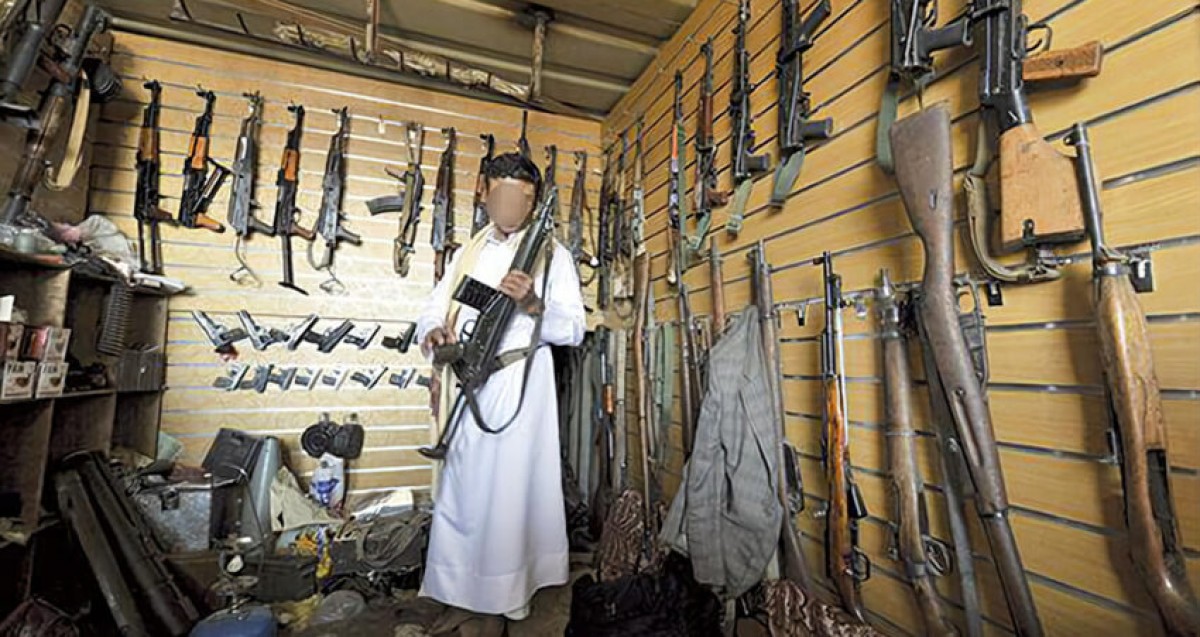BBC: Houthi arms dealers use the X platform to sell weapons


Arms dealers in Yemen openly use the social media platform X, formerly known as Twitter, to sell Kalashnikovs, handguns, grenades, and grenade launchers.
Traders operate in the capital, Sanaa, and other areas under the control of the Houthis, an Iranian-backed rebel group banned as a terrorist group by the US and Australian governments.
“It is unbelievable that they [arms dealers] are not working on behalf of the Houthis,” says former British ambassador to Yemen, Edmund Fitton-Brown, who now works for the Countering Extremism Project.
Adding: “Private sector traders who are trying to take advantage of the supplies to sell them to others, such as the Yemeni government, will quickly close their shops.”
An investigation by The Times found that many Yemeni accounts carry a blue verification mark.
The Times and BBC have both contacted X for comment, but have not yet received a response.
Most of the platform's content moderators were laid off after new owner Elon Musk bought the company in 2022.
Most of the ads are in Arabic and primarily target Yemeni customers in a country where it is often said that weapons outnumber people by three to one.
The BBC found several examples online, where weapons were offered at prices in Yemeni and Saudi riyals.
Words next to weapons are designed to attract buyers.
One ad says: “Excellent craftsmanship and first-class warranty.” “The reformed Yemeni Justice and Development Party is your best choice.”
A demonstration video, filmed at night, shows the seller unloading a fully automatic 30-round magazine.
Others offer sand-colored, Pakistani-made Glock pistols for about $900 each.
However, these ads are not hidden in the depths of the Dark Web, where weapons and other illegal items are commonly traded, they are in plain sight on X, openly accessible to millions of people.
In response, Tech Against Terrorism, a UK-based non-governmental organization, issued what it called an urgent appeal to technology platforms to remove content supporting the Houthis on the Internet and social media platforms.
The Houthis, a mountainous tribal minority, came to power in Yemen in 2014, overthrowing the government recognized by the United Nations.
Since then, a seven-year military campaign led by neighboring Saudi Arabia has failed to remove it, while the country has descended into civil war.
Since late 2023, the Houthis, who possess an extensive arsenal of drones and missiles, many supplied by Iran, have begun targeting commercial and maritime shipping in the Red Sea.
The Houthis say this is in support of the Palestinians in Gaza, but many of the ships have no links to Israel.
A US-led naval force abroad has failed to stop Houthi attacks on shipping, which have had a disastrous impact on trade passing through Egypt's Suez Canal.